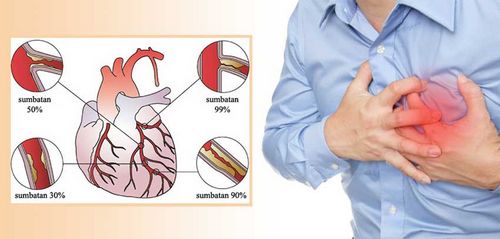The main symptoms of coronary heart disease (CHD) include: Hypertension, chest pain or pressure, fatigue, irregular heartbeat, dizziness, nausea, vomiting and diarrhea. All of these symptoms are caused by an increase in your heart’s blood pressure. Other symptoms of coronary heart disease that are commonly seen in people with heart disease include: shortness of breath, difficulty breathing, discomfort in the chest, pain in the chest area, tightness in the chest, dizziness, weakness and dizziness. Most people suffer from some of these CHD symptoms, while others suffer from all of them.
All of these symptoms are caused by an increase in your heart’s blood pressure. Other symptoms of coronary heart disease that are commonly seen in people with heart disease include: shortness of breath, difficulty breathing, discomfort in the chest, pain in the chest area, tightness in the chest, dizziness, weakness and dizziness. Most people suffer from some of these CHD symptoms, while others suffer from all of them.
If you experience any of these symptoms of coronary heart disease (such as shortness of breath or chest pain), it is advisable to see a doctor for proper testing and treatment. However, if you do not have any of these symptoms, it is important to take note of these symptoms and talk to your doctor about whether or not you should have your cholesterol checked and see if you can lower your risk of having a heart attack. If you think you have coronary disease but can’t prove it, you need to take certain actions that can help reduce your risk of a heart attack.ยาแก้ปวดข้อเข่า
Hypertension can cause many problems for your health, including cardiovascular diseases such as coronary heart disease. This is why it is important to monitor your blood pressure as often as possible. You have to do this in the morning and before going to bed and again in the afternoon. Blood pressure monitors can be purchased at many pharmacies and are a very useful tool to have in your home. If you have hypertension and feel your blood pressure is rising, chances are your doctor will want to test it to make sure nothing more serious needs treatment.
Chest pain can occur at any time, which is often difficult to diagnose, especially if you feel numbness in the chest area. Some people may experience this symptom when their heart valves or atria are blocked. There are different types of heart problems such as stenosis and atriovolopolysis that can affect the flow of your heart and cause chest pain. This complication can lead to the buildup of fatty plaques on the artery walls, which can cause the heart to weaken, which can lead to chest pain and swelling.
If you have symptoms of a heart attack, your doctor may recommend that you be given aspirin to reduce your risk of a heart attack, although this is not always necessary. It is important to be aware of the symptoms you are experiencing and know what the risks are because it increases your chances of having a heart attack or stroke. For example if you have chest pain for more than a day and if your symptoms do not improve after a few days of treatment with over-the-counter medications then you should see your doctor.
It’s important that you check your blood pressure at least twice a year to make sure it’s not rising, and once a year to make sure it’s dropping. Your doctor will check your blood pressure at least once a year for any changes that may indicate a heart attack or stroke. Your doctor may order an EKG to find out if your heart rhythm is irregular and to determine if you have atherosclerosis or coronary artery disease. If you are diagnosed with coronary artery disease, your doctor may also order a cardiac stress test.
You may experience symptoms of coronary artery disease during pregnancy and may experience an increased heart rate while you are pregnant. Pregnancy is a time when you may experience increased blood pressure and other symptoms, so your doctor may want to do a pregnancy test as well. This test checks for any plaque that may have formed on the walls of your arteries that is preventing blood flow. Symptoms of atherosclerosis, such as chest pain, swelling, and a fast or pounding heartbeat, also occur in women as they age.
Symptoms of a heart attack and coronary artery disease can be very similar. If you experience any of these symptoms then you should contact your doctor immediately to make an appointment to discuss what is causing your symptoms. Many people mistake them for a heart attack. Although the symptoms can be different for each person depending on the severity of the condition, if left untreated it can be deadly. When suffering from a heart attack or other symptoms, you should try to relax and focus on normal breathing. If you feel you are going to faint then you should go to the hospital and be monitored by a cardiologist for possible further testing.


